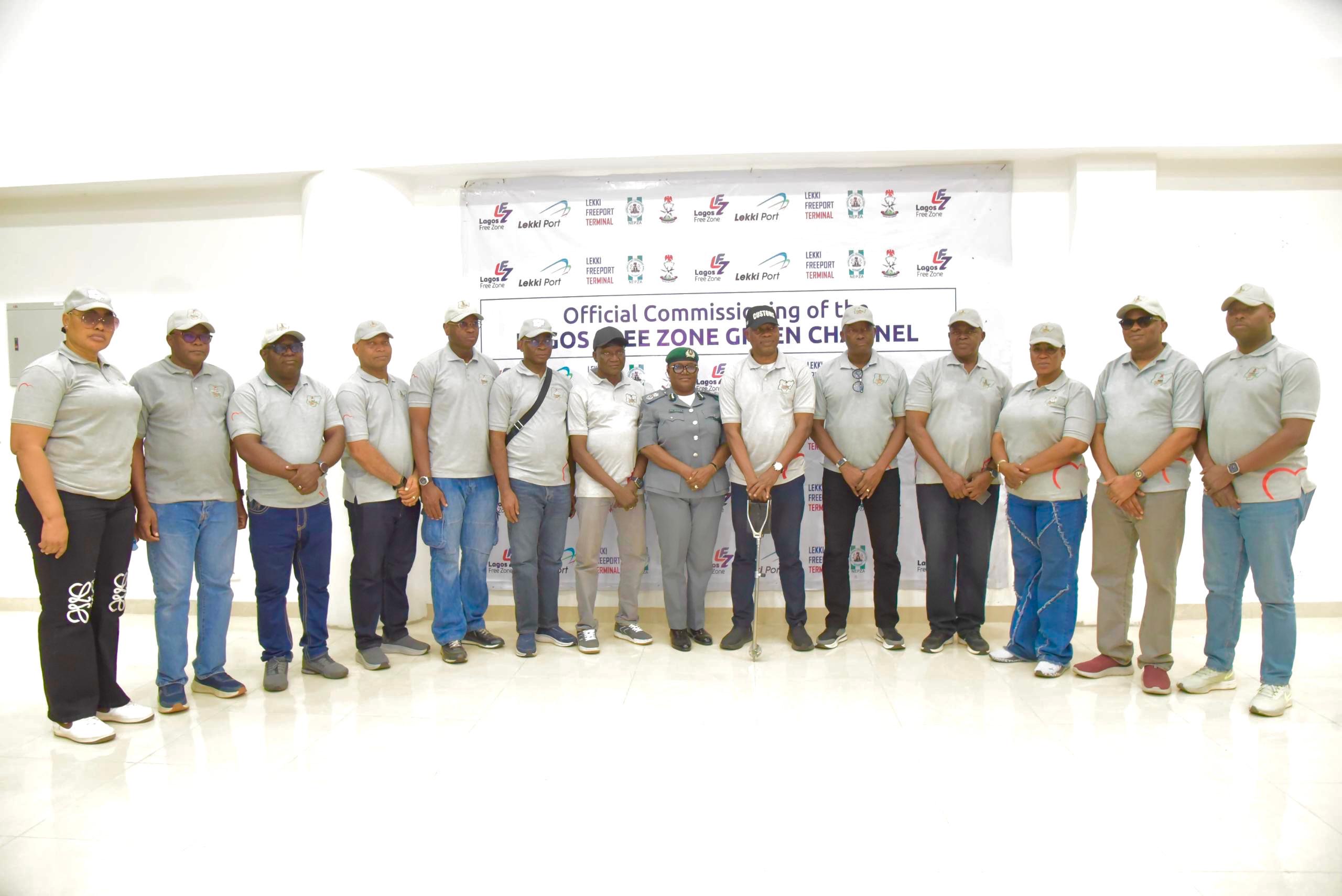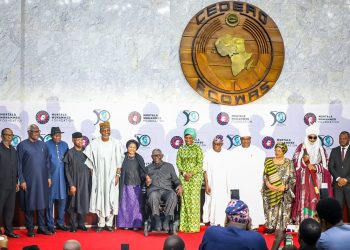By Nkechi Eze
As part of its renewed efforts to safeguard public health and ensure the highest quality standards in packaged water production, the Standards Organisation of Nigeria (SON) recently held a pivotal stakeholder engagement with manufacturers of Linear Low-Density Polyethylene (LLDPE) films in Lagos. The high-level meeting centered on the enforcement and awareness of the Nigerian Industrial Standards (NIS 770:2017), which sets the regulatory benchmark for materials used in the production of sachet water, popularly known as “pure water.”
Representing the Director-General and Chief Executive of SON, Dr. Ifeanyi Chukwunonso Okeke, was Mrs. Theresa Ojomo, who conveyed a strong message on the organisation’s position regarding compliance. She emphasized that adherence to NIS 770:2017 is non-negotiable, describing it as a vital link in the chain of national health and welfare. According to her, the quality and safety of LLDPE films directly influence the safety of packaged drinking water consumed by millions of Nigerians daily. Any compromise in material standards, she warned, could have far-reaching implications for public health and consumer confidence.
In his message, Dr. Okeke also highlighted the critical need for manufacturers, especially Micro, Small and Medium Enterprises (MSMEs), to enroll in SON’s regulatory compliance programs. These include the Mandatory Conformity Assessment Programme (MANCAP) and the Product Identification Scheme (PIS). These initiatives are designed to enhance accountability, improve traceability, and eliminate the circulation of substandard or unverified raw materials sourced from open markets. He noted that through these programs, SON not only ensures consumer safety but also supports MSMEs in scaling up operations and contributing meaningfully to national economic development.
The session featured comprehensive presentations from key figures driving SON’s quality assurance frameworks. Mrs. Lovelyn Ezeudu, the Head of the Product Identification Scheme, gave a thorough overview of the objectives, benefits, and implementation strategy of the PIS, reinforcing its role in distinguishing compliant manufacturers from those operating below standard. Adding to the discourse, PIS Consultant Mrs. Tosan Akin Akosile provided clarity on how the scheme supports transparency in the supply chain, while enhancing consumer protection and confidence in locally produced packaging materials.
Also speaking at the event was Mrs. Oluwafumilayo Oludunke, who delved into the technical requirements outlined in NIS 770:2017. She offered detailed explanations on the expected quality benchmarks for LLDPE films used in water packaging, including permissible chemical compositions, approved printing practices, and material handling procedures. Her presentation reinforced the importance of industry-wide consistency in applying these standards.
A recurring message throughout the meeting was the importance of ensuring that only certified LLDPE film producers are patronized by water packaging companies. This, stakeholders agreed, is one of the most effective ways to prevent contamination and ensure consumer safety. Manufacturers were also urged to always demand and provide a valid Certificate of Analysis (COA) with every batch of raw materials supplied. Furthermore, the use of only food-grade ink for printing on water sachets was emphasized, as non-compliant inks pose serious health hazards when exposed to drinking water.
The Standards Organisation of Nigeria reaffirmed its dedication to its core mandate of promoting quality assurance across all sectors of the economy. By engaging with critical industry players and strengthening regulatory oversight, SON is working to build a culture of compliance, trust, and integrity in Nigeria’s manufacturing ecosystem. The organisation urged all stakeholders to see themselves as partners in this national mission to protect consumers, uphold industrial excellence, and ultimately contribute to sustainable economic growth.
As the awareness campaign gains momentum, SON has reiterated that it will not relent in its efforts to monitor, educate, and enforce compliance across all levels of production and distribution. With strong collaboration between regulators and manufacturers, the goal of making every drop of packaged water in Nigeria safe and trustworthy is not just achievable, it is imperative.













